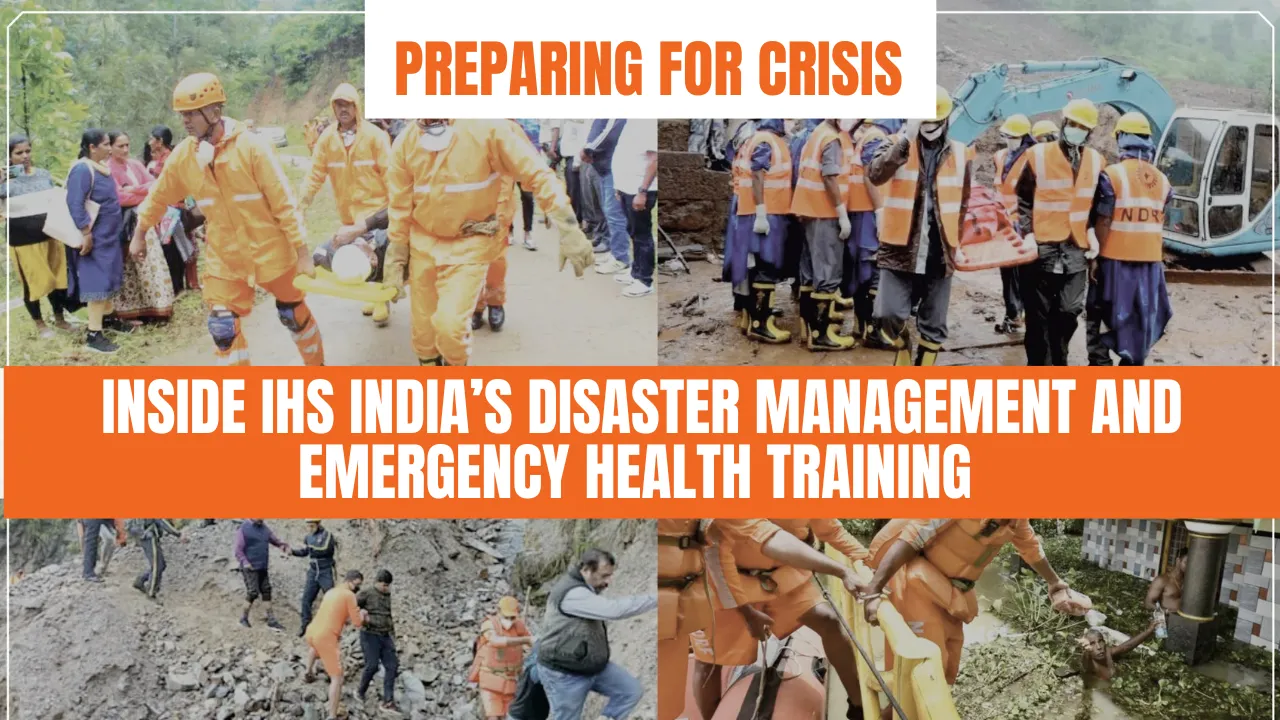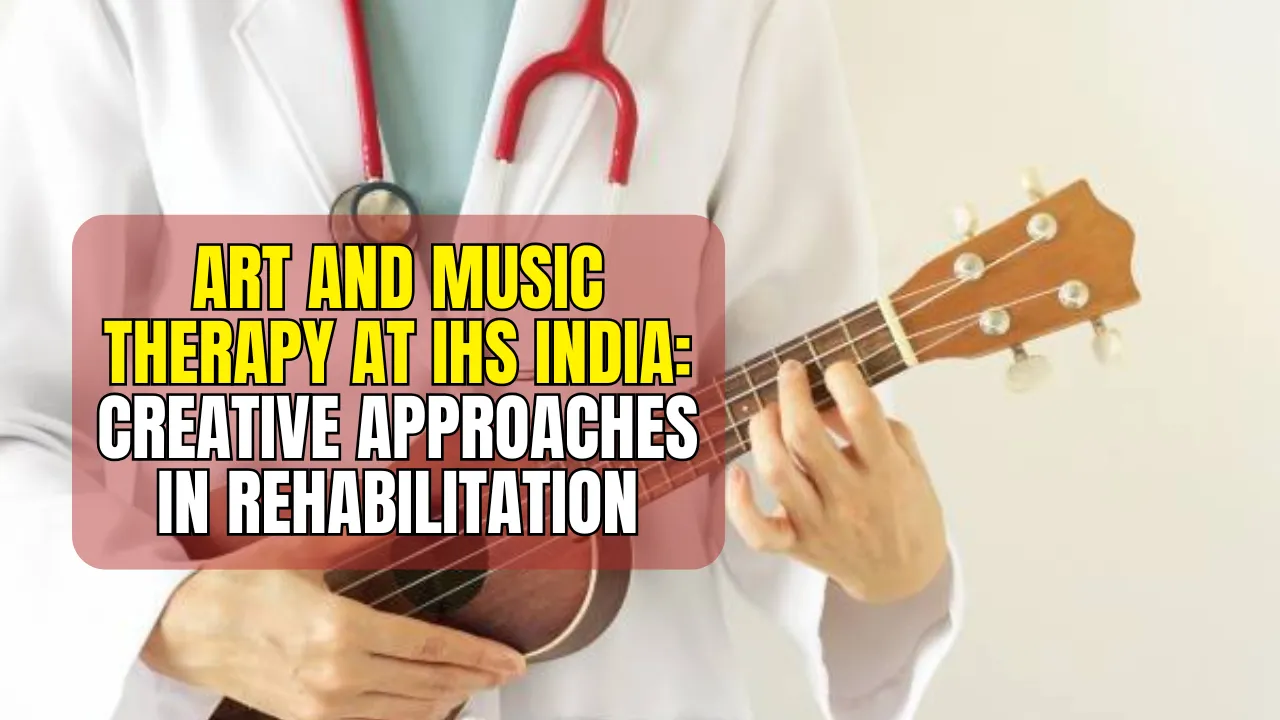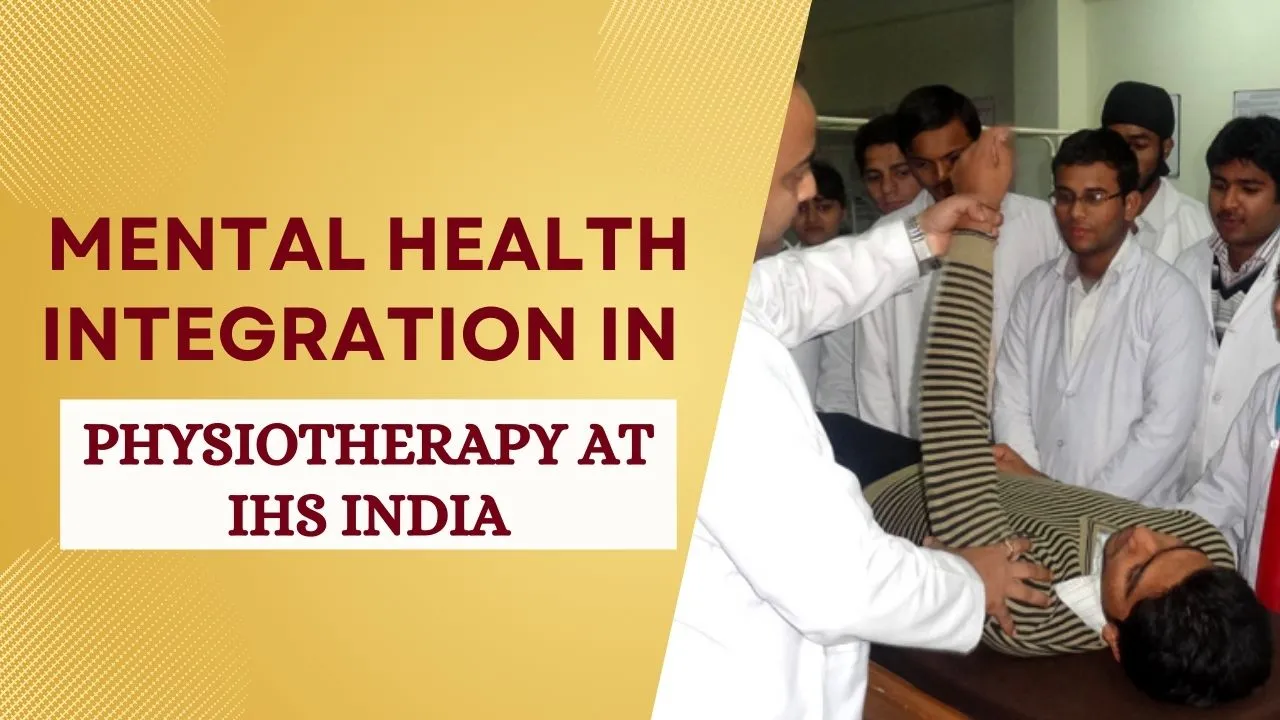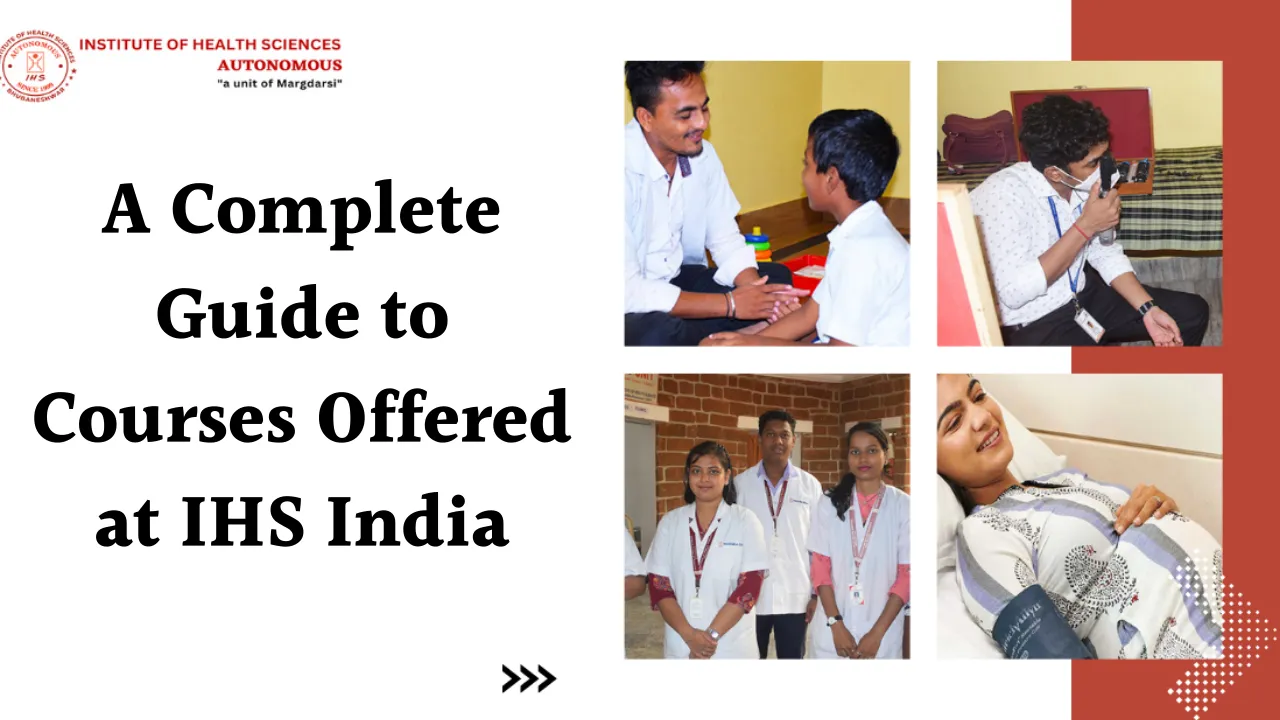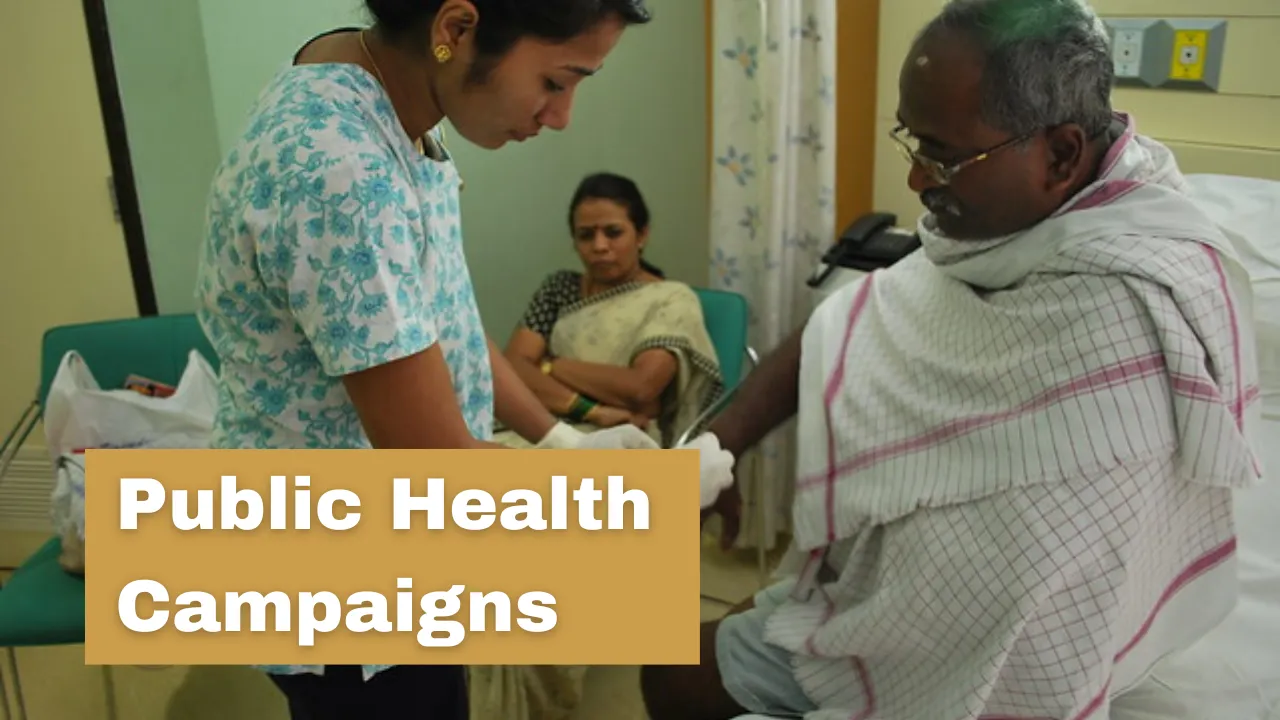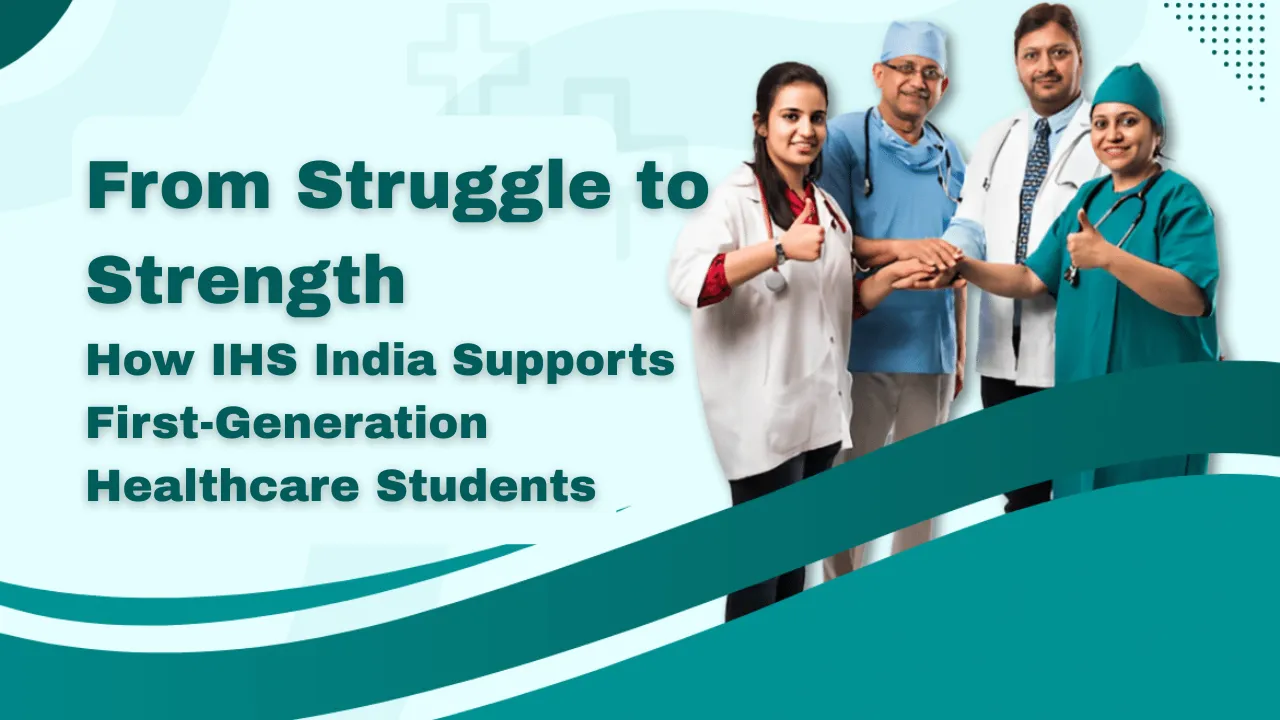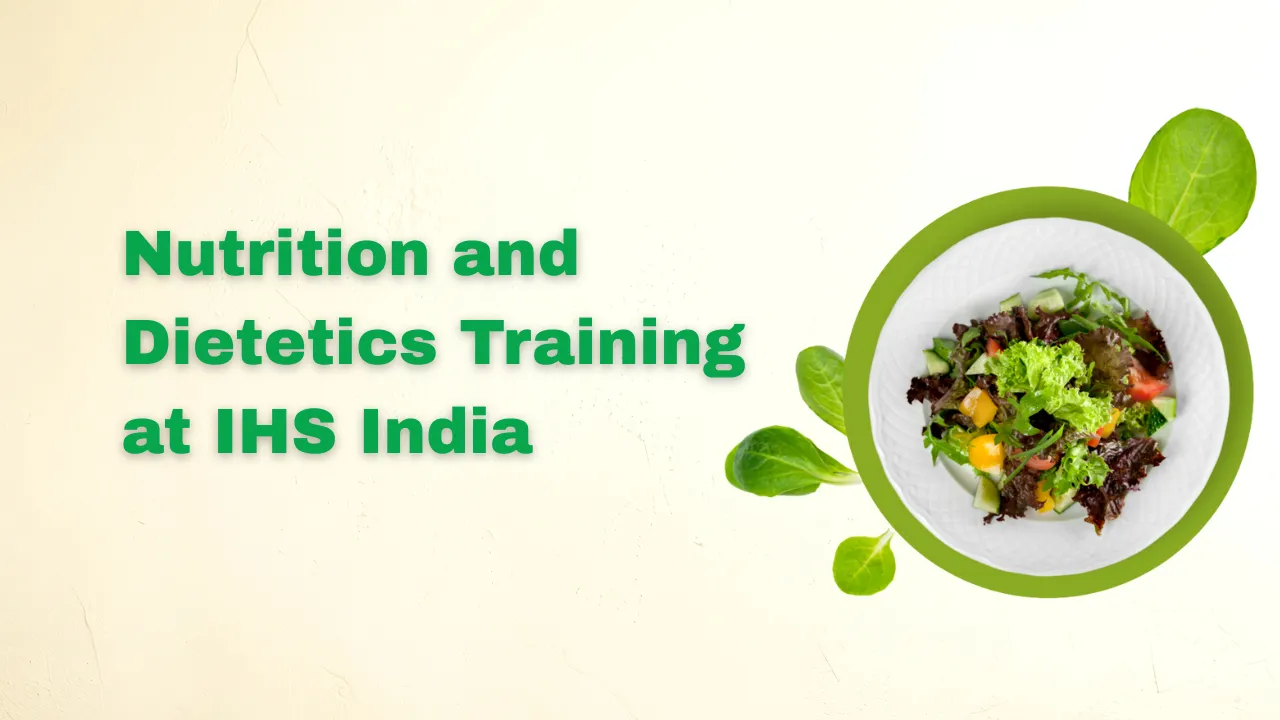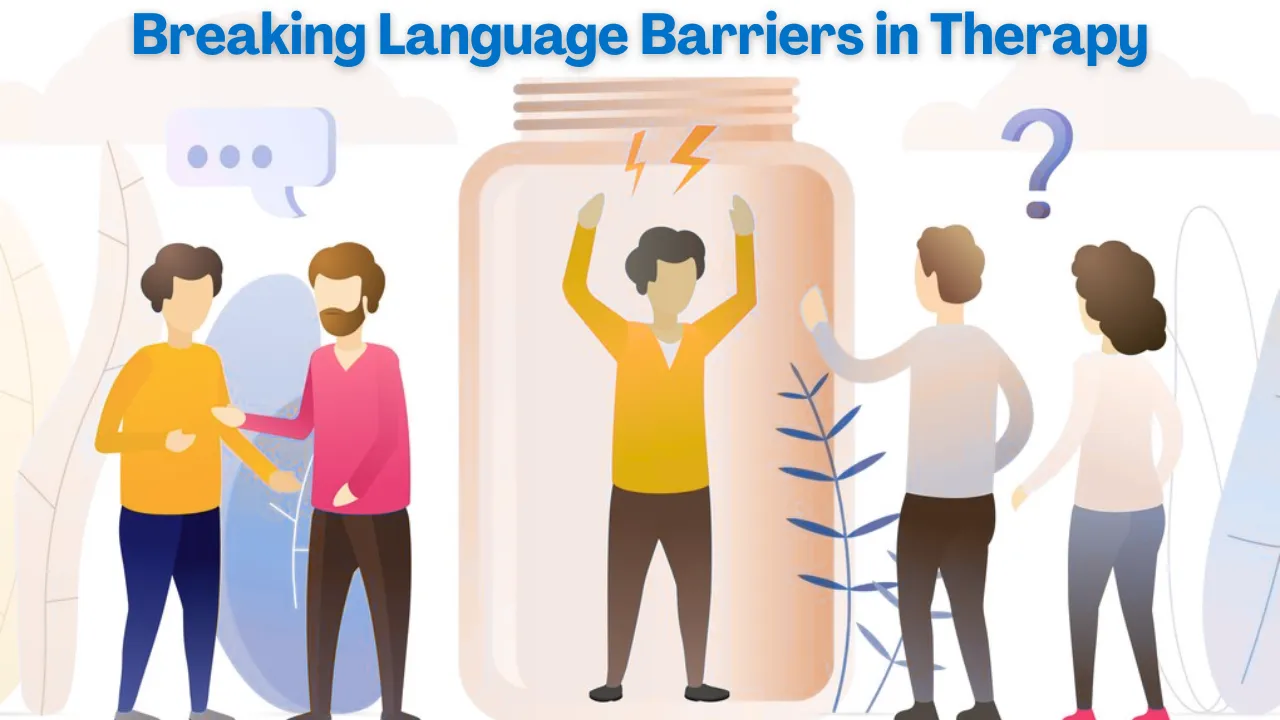Disaster Management and Emergency Health Training has never been more relevant than it is today. With climate-related events becoming more frequent, coupled with unexpected health emergencies and man-made disasters, the world urgently needs professionals trained to respond swiftly and smartly. The ability to act in the golden hour—those first crucial moments of a disaster—can make the difference between life and death. That’s where focused training comes into play.
This article explores how IHS India is uniquely preparing its students to handle such real-world emergencies. You’ll get a clear picture of the training structure, hands-on learning opportunities, skill development focus, and career outcomes. Whether you’re considering a future in emergency services or simply curious about how education can shape crisis management, this guide will offer insights into a program designed for impact.
Disaster Management and Emergency Health Training at IHS India
At IHS India, Disaster Management and Emergency Health Training is more than just a course—it’s a mission to develop capable, calm, and efficient responders for real-world emergencies. The training combines classroom theory with real-life simulations, preparing students for various scenarios such as natural disasters, mass casualties, and health crises. With expert-led sessions and practical field experiences, IHS India equips future responders with essential tools to make quick, informed decisions that save lives. This program is not only relevant for healthcare students but also for those aiming to build a career in public safety and emergency services.
Overview of Key Program Areas at IHS India
| Key Component | Details |
| Curriculum Design | Based on global disaster protocols and Indian healthcare standards |
| Training Methods | Theory sessions, simulations, mock drills, field exercises |
| Focus Skills | First aid, triage, crisis management, team coordination |
| Practical Exposure | Real-time disaster scenarios, emergency room practice |
| Career Opportunities | Emergency medical technician, rescue officer, disaster response manager |
| Key Collaborations | Government agencies, hospitals, NGOs, public safety institutions |
| Certification | Recognized industry-standard certifications on successful course completion |
Why Disaster Management Training is Crucial Today
In a world where uncertainty is constant, being prepared is no longer optional—it’s essential. Disaster Management and Emergency Health Training builds the ability to act when every second matters. Whether it’s an earthquake, flood, or disease outbreak, trained professionals are needed to coordinate rescue operations, deliver first aid, and reduce panic.
The training ensures students are not only technically capable but also emotionally prepared to operate in high-stress environments. As public health emergencies become more frequent, having a trained task force of healthcare professionals and rescue workers is a national and global priority.
How IHS India Stands Out in Emergency Training
IHS India has created an ecosystem where learning is grounded in reality. The training modules follow standards from both national disaster frameworks and international emergency protocols. What sets IHS India apart is its student-focused approach. Instead of just lectures, students take part in emergency response simulations, field visits, and live community drills.
Their partnership with hospitals, civil defense units, and emergency medical teams offers students first-hand experience. This bridges the gap between classroom knowledge and actual rescue scenarios, giving students the kind of exposure that books alone can’t provide.
Key Components of the Training Program
1. Classroom Learning:
Theoretical understanding is the backbone of any technical field. Students are introduced to types of disasters, phases of emergency management, ethical issues in disaster situations, and the roles of different stakeholders. Lessons also include public health response planning and effective use of communication tools during crises.
2. Hands-on Practical Training:
Real-world emergency training is an integral part of the program. Through fire safety drills, trauma care workshops, and emergency room shadowing, students gain vital experience. They learn how to evacuate people, administer CPR, manage shock, and handle injured victims. These exercises simulate actual disaster conditions and teach students to remain composed under pressure.
Career Opportunities after Training
The growing awareness about emergency preparedness has led to a wide range of career paths for trained individuals. Upon completion of Disaster Management and Emergency Health Training, students can take up roles in:
- Emergency medical services
- Disaster relief NGOs
- Hospitals and trauma centers
- Public health departments
- Fire and rescue services
- International humanitarian agencies
With demand increasing for professionals skilled in disaster response skills and emergency medical training, this program opens doors in both the public and private sectors.
Benefits of Choosing IHS India
• Advanced Training Modules:
Students are trained in both physical and psychological aspects of emergencies, learning techniques in triage systems, crowd control, and basic life support. The use of advanced simulation labs ensures students are prepared for unpredictable real-life scenarios.
• Strong Industry Partnerships:
The institute works closely with emergency departments, hospitals, and NGOs. This ensures students are trained using the most current practices and often leads to internship and job placement opportunities after graduation.
Skill Development Focused on Real-World Needs
This program’s core lies in producing job-ready professionals. Soft skills such as decision-making, communication, and stress management are emphasized alongside technical training. Students are guided on how to use rescue gear, emergency kits, and advanced medical tools—everything they need to be ready on day one of the job.
IHS India also offers regular workshops with professionals from military medical units and disaster authorities, further enriching the students’ practical knowledge and critical thinking in emergency healthcare education.
How the Program Enhances Public Safety
Graduates from IHS India become part of a larger mission—enhancing public safety and preparedness. Their training empowers them to assist in national disasters, participate in local rescue efforts, and improve healthcare access during emergencies.
By producing capable responders, the program contributes to stronger communities and faster recovery during crises. These trained professionals often volunteer during large-scale events and outbreaks, further proving the value of their education.
FAQs
Q1: Who can apply for the Disaster Management and Emergency Health Training program?
Anyone with an interest in emergency services, healthcare, or public safety can apply. Prior medical experience is helpful but not necessary.
Q2: Is there job placement support after completing the program?
Yes, IHS India has strong ties with hospitals, NGOs, and government agencies, helping students with internships and job placements.
Q3: How practical is the training at IHS India?
The program includes extensive hands-on modules like mock drills, field training, and real-time simulations to ensure readiness.
Q4: Can this course help in international job opportunities?
Absolutely. The skills taught are aligned with global disaster response standards, making graduates suitable for international roles as well.
Q5: What is the duration of the training course?
The duration typically ranges from six months to two years depending on the program structure and certification level chosen.
Final Thought
Disaster Management and Emergency Health Training at IHS India goes beyond theory—it’s a deeply immersive experience that prepares students to act when every second counts. The training is structured to build confidence, compassion, and competence. Whether you aim to work on the frontlines of a natural disaster or lead a healthcare response team, this program gives you the skills, the mindset, and the network to make a real impact.
Thinking about your future in public safety or emergency response? Take the next step—explore the programs offered at IHS India or connect with past students to learn about their experiences. And if this inspired you, share your thoughts or questions in the comments. You could be the responder someone needs tomorrow.
